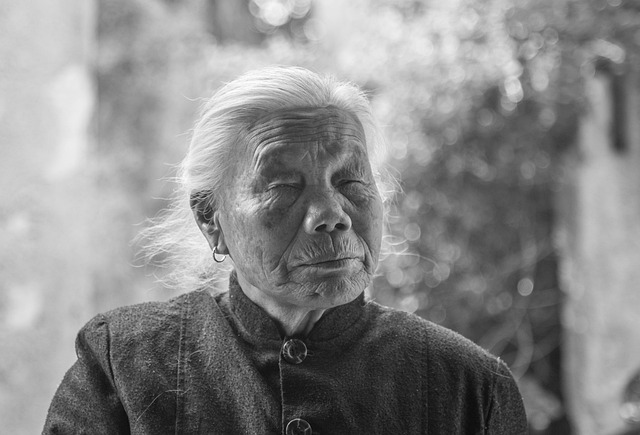Hospice care planning is a crucial process for individuals approaching end-of-life, offering compassionate support and ensuring dignity. Key documents like Advanced Directives and Living Wills empower patients to guide medical decisions and care preferences, providing peace of mind. Comprehensive planning involves financial, legal, and personal considerations, facilitating smooth transitions with the help of specialists. Open dialogue with loved ones and healthcare providers is essential for expressing wishes and choosing suitable hospice care, ensuring a meaningful end-of-life experience.
In facing life’s final chapters, comprehensive end-of-life planning becomes crucial. This article guides you through essential aspects of hospice care planning, offering insights into what it entails and when to consider its implementation. From understanding advanced directives and living wills to navigating financial and legal complexities, we provide a roadmap for ensuring your wishes are respected. Additionally, learn effective communication strategies for sharing your preferences with family and healthcare providers, fostering peace of mind for all involved.
- Understanding Hospice Care Planning: What It Entails and When to Consider It
- Key Documents to Prepare for End-of-Life Care: Advanced Directives and Living Wills
- Financial and Legal Considerations for End-of-Life Planning
- Communicating Your Wishes: Talking to Family and Healthcare Providers
Understanding Hospice Care Planning: What It Entails and When to Consider It

Hospice care planning is a crucial aspect of end-of-life preparation, focusing on providing compassionate support and comfort during a person’s final days. It involves a comprehensive approach to managing symptoms, ensuring patients receive the best possible quality of life as they near the end. This care model aims to alleviate physical, emotional, and spiritual distress, allowing individuals to pass away with dignity.
Consider hospice planning when a person is diagnosed with a terminal illness or when their health condition significantly deteriorates. It’s not just about preparing for death but also about embracing life in its final phases. By involving healthcare professionals, families can navigate this challenging time, make informed decisions, and ensure their loved one’s wishes are respected, creating a peaceful and meaningful end-of-life experience.
Key Documents to Prepare for End-of-Life Care: Advanced Directives and Living Wills

When preparing for end-of-life care, having comprehensive hospice care planning documents in place is invaluable. Two crucial pieces are Advanced Directives and Living Wills. These legal documents allow individuals to make informed decisions about their healthcare preferences should they become incapable of making them themselves.
An Advanced Directive provides instructions regarding life-prolonging treatments, while a Living Will outlines specific wishes for end-of-life care, including the use (or non-use) of artificial means to sustain life. Such documents ensure that your wishes are respected and offer peace of mind, ensuring a smooth transition during what can be an emotionally challenging time.
Financial and Legal Considerations for End-of-Life Planning

End-of-life planning involves more than just personal and medical decisions; it’s crucial to address financial and legal considerations as well. This includes ensuring that your wishes are clearly communicated and legally documented, especially when considering hospice care. Proper planning can help manage assets, reduce potential financial burdens on loved ones, and ensure access to quality end-of-life care.
It’s important to consult with professionals such as attorneys and financial advisors who specialize in estate planning and hospice care. They can guide you through the process of creating or updating wills, power of attorney documents, and advance directives. These legal tools are essential for maintaining control over your affairs and ensuring that your wishes are respected, even if you’re unable to communicate them yourself.
Communicating Your Wishes: Talking to Family and Healthcare Providers

Effective hospice care planning heavily relies on open and honest communication with your loved ones and healthcare providers. It’s essential to express your wishes, preferences, and goals for end-of-life care as clearly as possible. This conversation can be sensitive, but it paves the way for smooth transition and ensures your dignity and comfort during this period.
Engaging in these discussions allows you to choose the type of hospice care that aligns with your values and needs. You can decide on medical treatments, preferences for pain management, and where you’d like to receive care—at home, in a specialized facility, or other settings. Sharing these choices with family members enables them to support your decisions and provides an opportunity to clarify any concerns or misconceptions they might have about hospice care planning.
Detailed end-of-life planning, including understanding hospice care and drafting key documents like advanced directives, is a crucial step in ensuring your wishes are respected. By addressing financial and legal considerations and openly communicating with family and healthcare providers, you can navigate this sensitive topic with peace of mind. Remember, proactive planning enables a smoother transition, allowing you to focus on what matters most during this significant phase of life.
